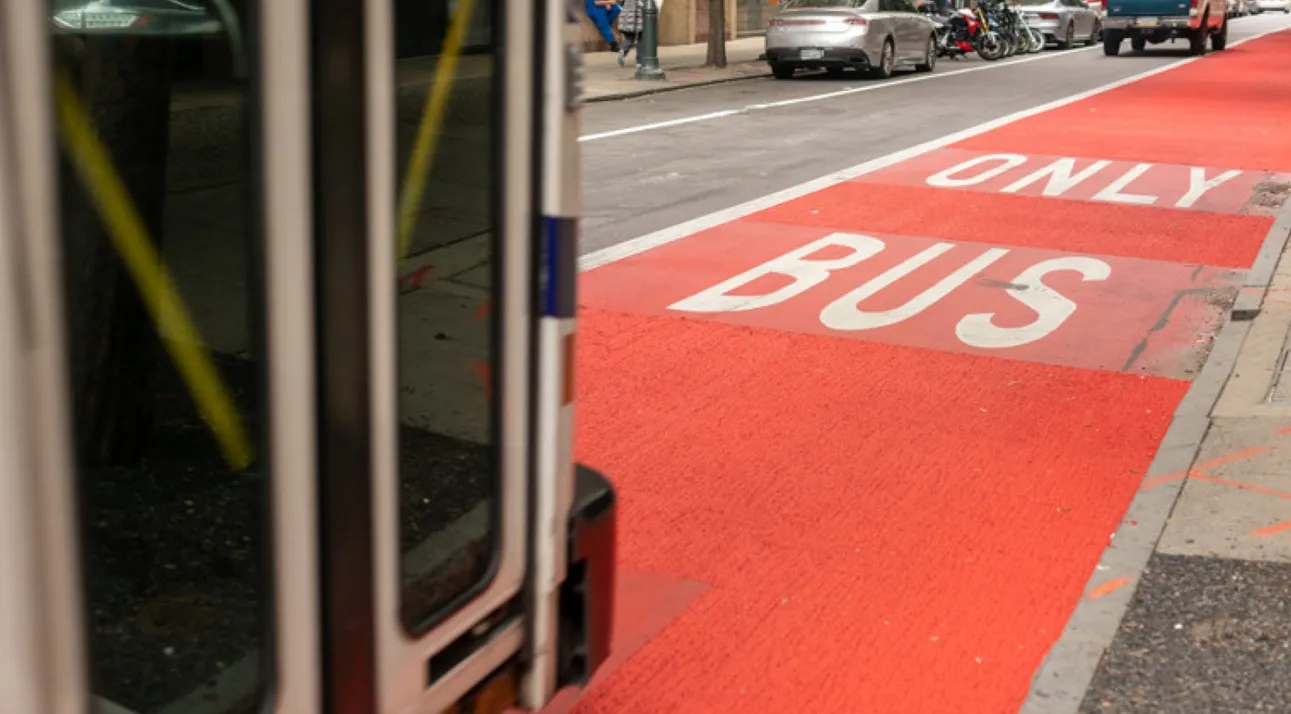San Diego’s Metropolitan Transit System (MTS), in California, has
selected
The new installation will include the company’s digital video recorders (DVRs), interior and exterior cameras, motion detectors, and wireless local area network (LAN) equipment. The contract also includes vehicle information management (ViM) software which will supply MTS with vehicle status reports, event logs, on-demand video clip retrieval and automated downloads of event video.
MTS undertook an extensive RFP process to select Apollo as the contractor for the project. The RoadRunner system was then installed on four transit buses as part of a 45-day test phase, which was successfully completed this month.
MTS will utilise the MRH8 and MRH12 series DVRs equipped with seven to nine cameras based on the specific bus types. Each camera system supplied by Apollo will provide MTS with state-of-the-art Wi-Fi and GPS capabilities, allowing transit officials to monitor real-time video and location data. To capture potential incidents occurring inside the transit yards overnight, MTS requested that Apollo include motion detection capabilities to trigger the system to start recording at the first sign of movement. The passive infrared sensor detects any movement inside the vehicle when the bus is turned off.
“The combination of passive infrared sensors and the ViM software will ensure that MTS has top-of-the line video surveillance management while recording activity on the bus at all times,” said Rodell Notbohm, general manager of Apollo Video Technology.







